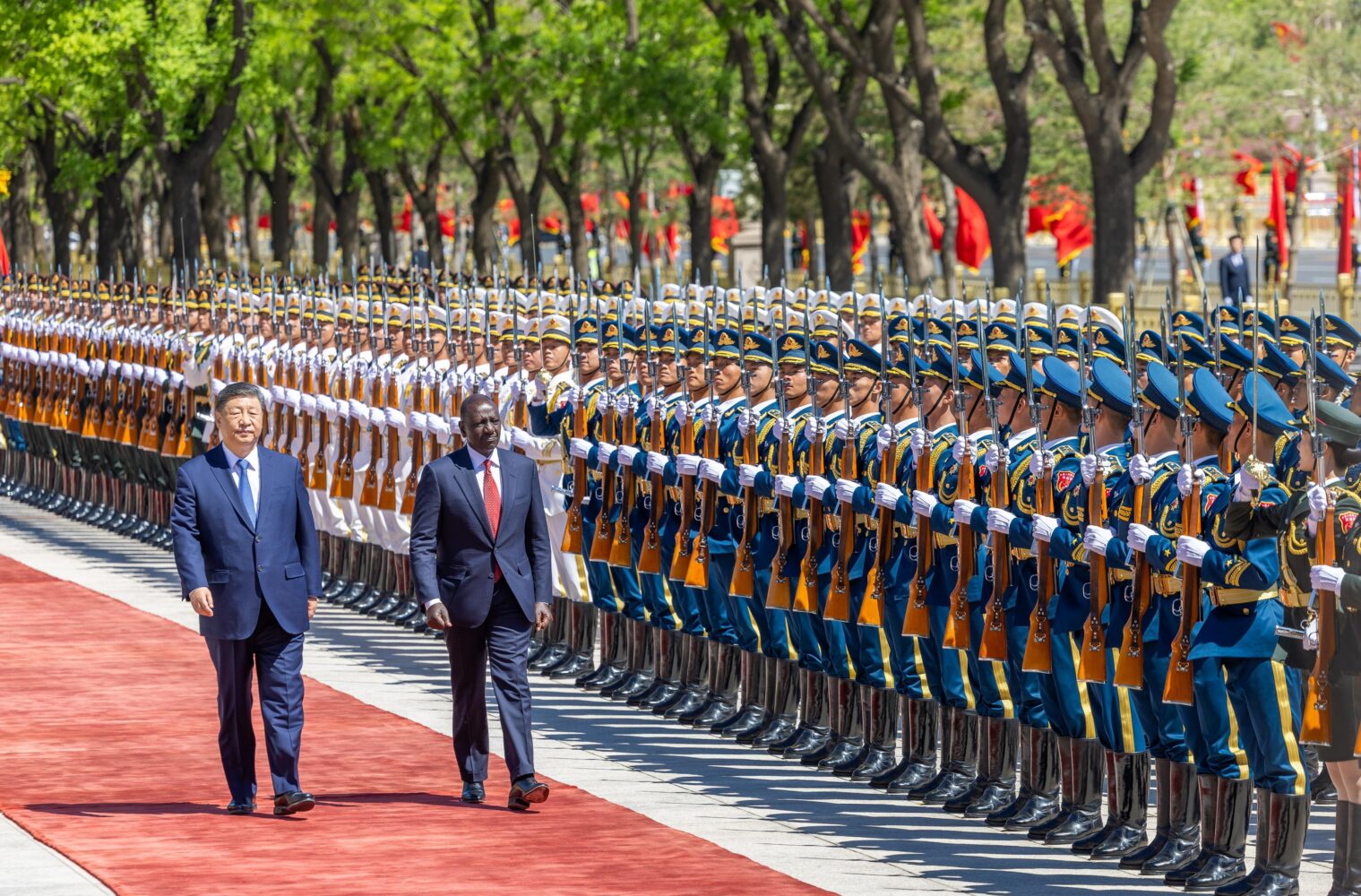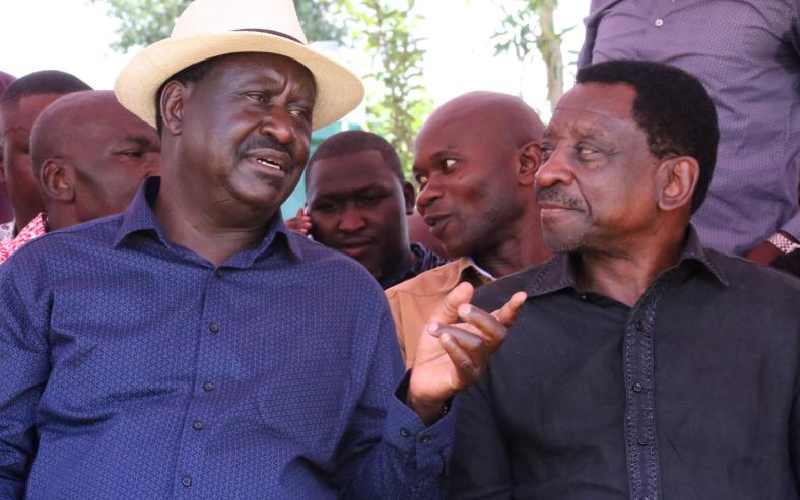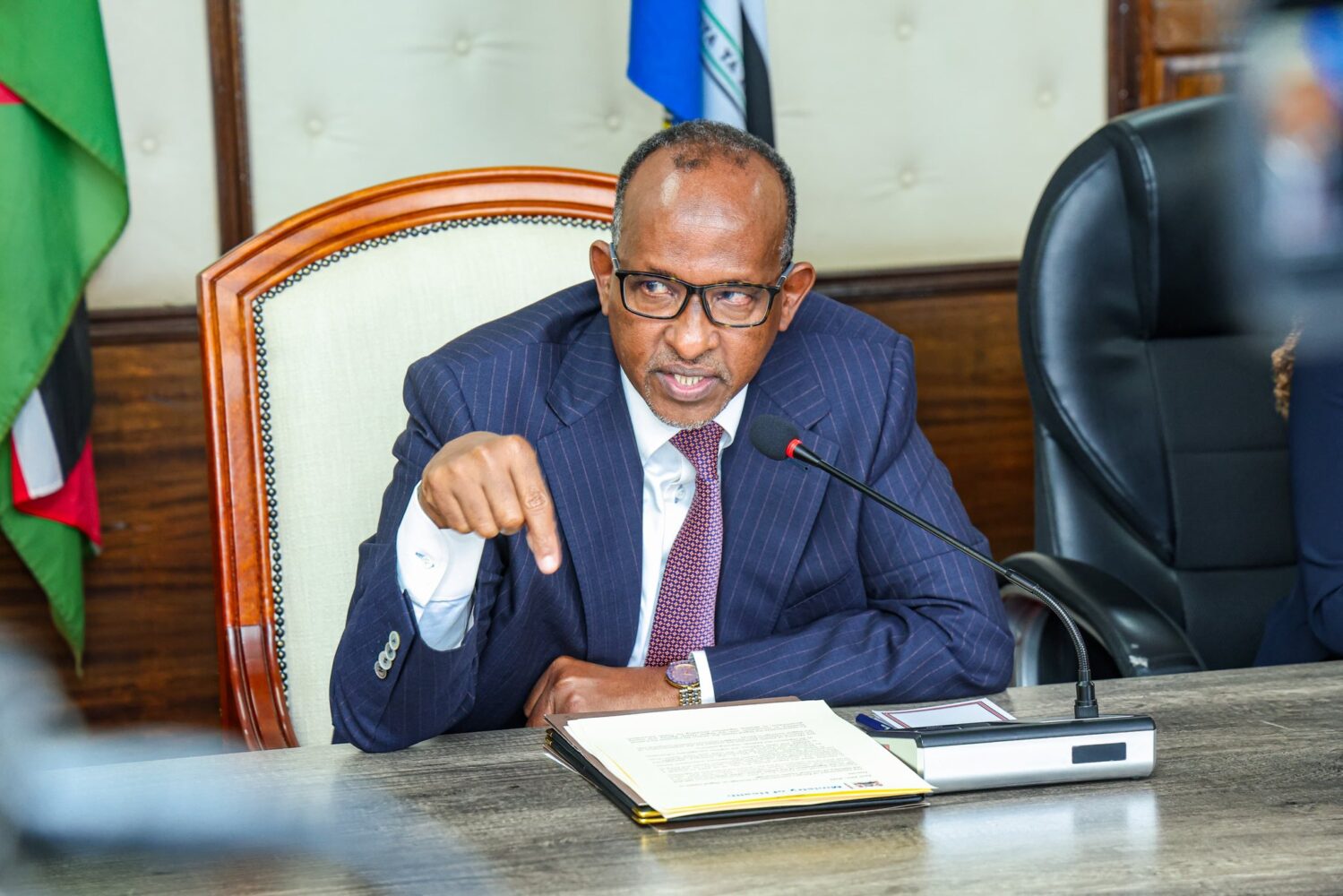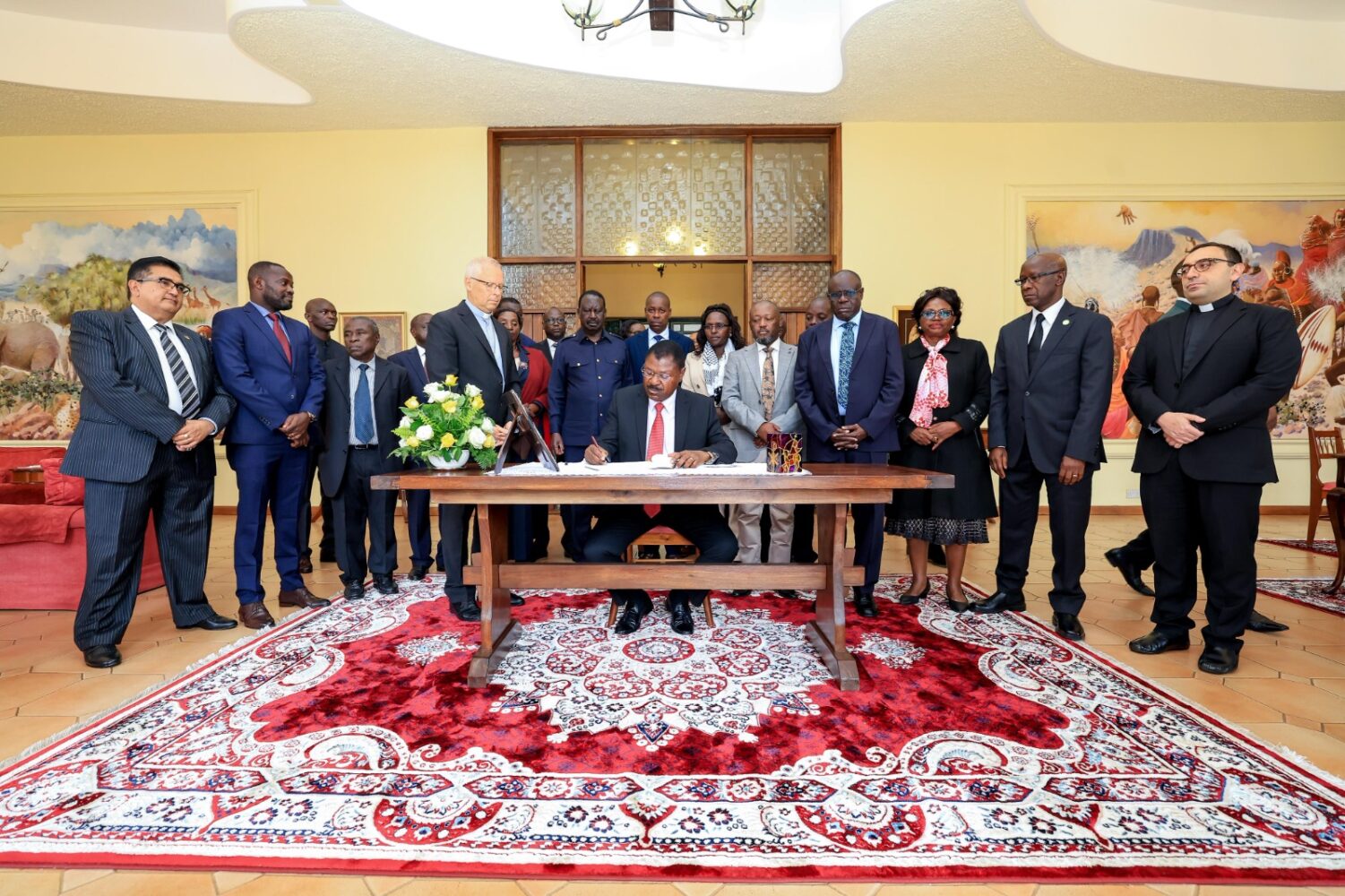President William Ruto’s four-day state visit to China has concluded, leaving behind a trail of signed deals and lingering questions. At the heart of this diplomatic endeavor lies the ever-contentious Standard Gauge Railway (SGR) extension, a project that has become a symbol of Kenya’s complex relationship with Chinese investment. As Kenya grapples with its economic future, the implications of this visit, and particularly the SGR agreements, will attract careful scrutiny.
Ruto’s focus on strengthening ties and touring Chinese research institutions paints a picture of a nation eager to embrace technological and economic partnerships. This aligns with his administration’s ambitious development agenda, which seeks to leverage international collaboration for growth. However, the shadow of Kenya’s mounting debt, much of it owed to China, casts a long pall over these seemingly promising deals.
The SGR extension, in particular, is a high-stakes deal. While proponents argue it will unlock economic potential by connecting key regions and facilitating trade, critics point to the project’s exorbitant cost and questionable long-term viability. The fear is that Kenya will find itself further entrenched in a debt trap, sacrificing its economic sovereignty for infrastructure that may not deliver the promised returns.
The transparency of these deals remains a significant concern. Kenyans deserve to know the specific terms of the agreements, the projected costs, and the anticipated benefits. Without this information, it’s difficult to assess whether the visit will ultimately serve the nation’s best interests.
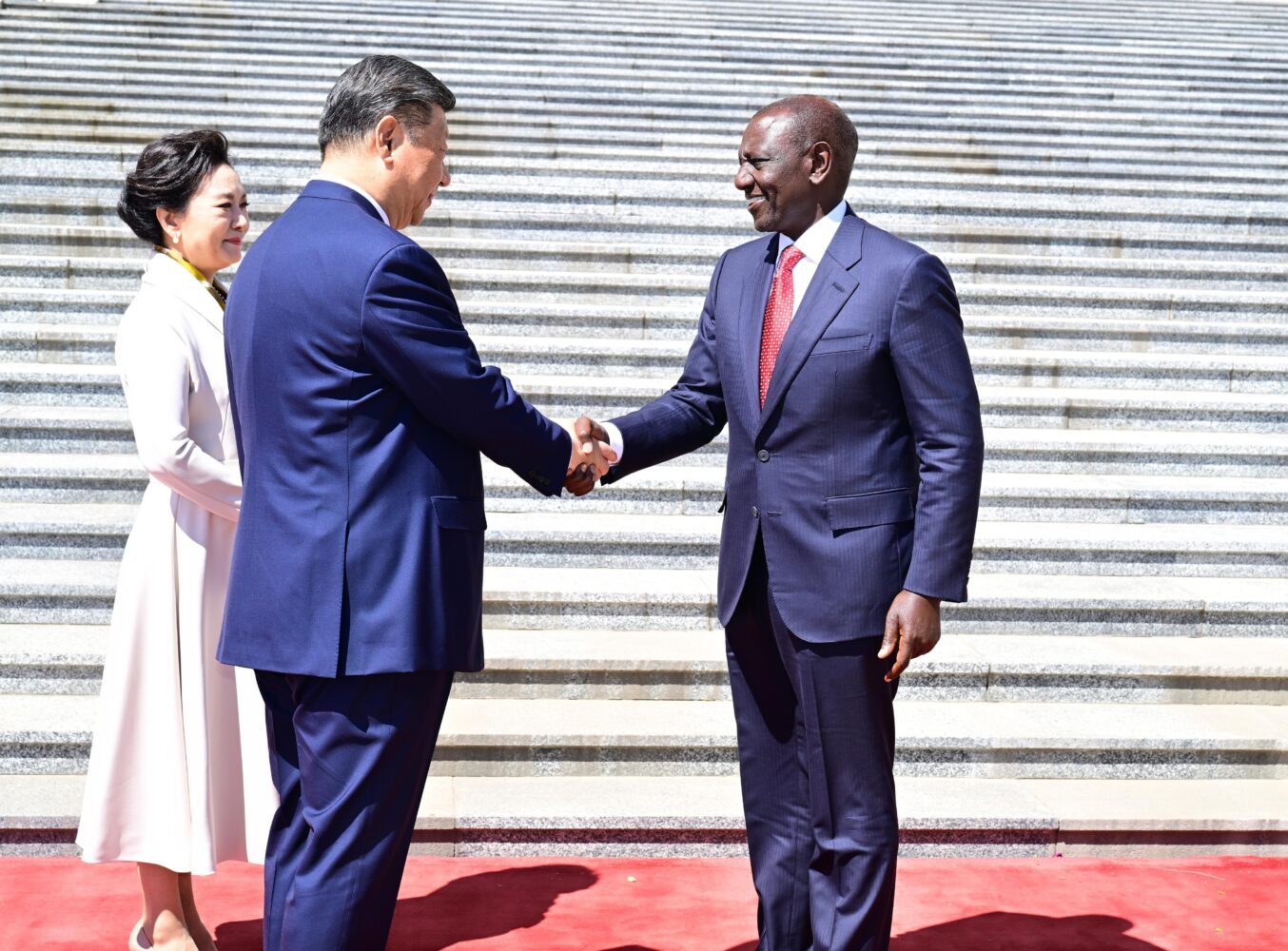
It is undeniable that China’s economic influence in Africa is growing, and Kenya is no exception. However, Kenya must navigate this relationship with caution, ensuring that it remains a partnership of equals. The allure of quick fixes and large-scale projects should not blind us to the potential long-term consequences.
Ultimately, the success of Ruto’s China visit will be measured not by the number of deals signed, but by their impact on the lives of ordinary Kenyans. Will these agreements translate into tangible economic benefits, job creation, and improved living standards? Or will they simply add to the nation’s debt burden and further strain its already fragile economy?
As Kenya embarks on this new chapter in its relationship with China, it is imperative that the government prioritizes transparency, accountability, and the long-term well-being of its citizens. The SGR extension, and other deals signed during this visit, must be subjected to rigorous scrutiny to ensure that they serve the nation’s interests, not just the interests of its creditors. The dragon’s tail is powerful, but Kenya must ensure it steers its own course.


